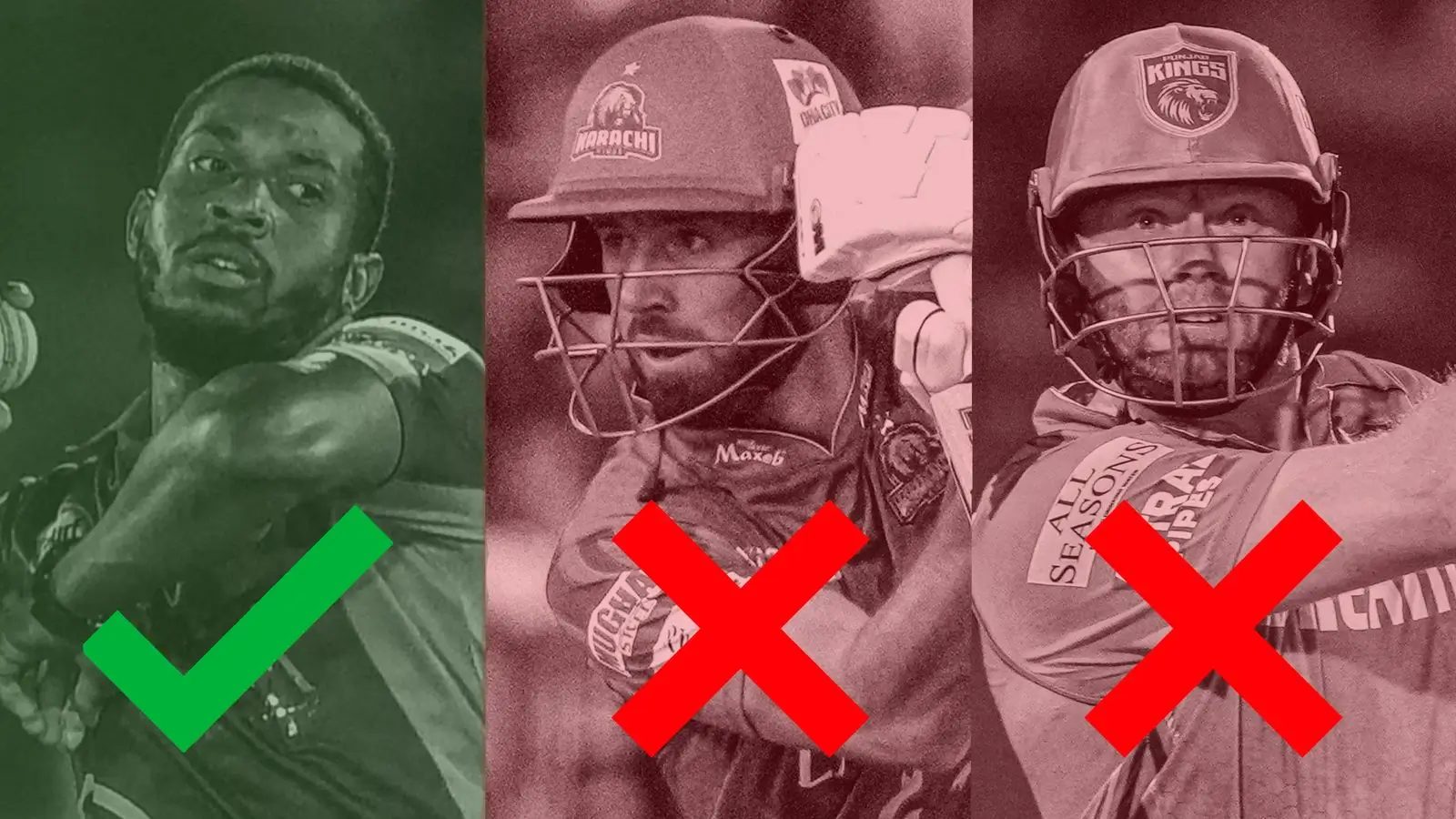Why the ECB’s New No-Objection Certificate Rules Are Creating Tensions

The recent decision by Hampshire’s James Vince to step away from red-ball cricket and focus on the Pakistan Super League (PSL) highlights the growing clash between the England and Wales Cricket Board (ECB) and county players over global T20 leagues. The ECB’s updated policy on No-Objection Certificates (NOCs) has sparked debates, with significant implications for players and domestic cricket in England.
The ECB’s new NOC policy represents a critical moment for English cricket. By prioritizing domestic competitions, the board seeks to safeguard the future of red-ball cricket. However, as global T20 leagues grow, balancing tradition with modern demands will remain a challenge for players and administrators alike.
Understanding NOCs in Cricket
NOCs are essential for players who want to participate in overseas tournaments. The International Cricket Council (ICC) requires players to obtain these certificates from their home boards.
- An NOC ensures a player’s participation is approved by their domestic team and cricket board.
- Without an NOC, playing in an overseas league is deemed “disapproved cricket.”
- NOCs can be denied if they might disrupt domestic cricket competitions.
This new policy has made NOCs stricter, particularly during the English summer.
The Impact of New ECB Rules on T20 League Participation
The ECB’s revised NOC policy restricts players from joining leagues like the PSL during the English season, except for the Indian Premier League (IPL). This decision aims to protect domestic competitions but has drawn criticism.
- Players with all-format contracts are not granted NOCs for leagues clashing with County Championship games.
- White-ball-only players, however, can participate in T20 leagues during the summer.
- The PSL’s shift to an April-May schedule now overlaps with England’s domestic season, creating conflicts.
ECB Chief Executive Richard Gould emphasized the need to prioritize domestic cricket, stating, “We need to protect our summer.”
James Vince and the Shift to White-Ball Cricket
James Vince’s decision to retire from red-ball cricket reflects the growing lure of T20 leagues. Vince, a former all-format player and Hampshire captain, will now focus on the PSL and Vitality Blast.
- Vince’s white-ball-only deal with Hampshire aligns with his commitment to Karachi Kings in the PSL.
- His decision follows a challenging 2024, including personal challenges and a family move to Dubai.
- Hampshire Cricket Director Giles White acknowledged the disappointment among fans but supported Vince’s choice.
This marks a broader trend where players opt for lucrative T20 leagues over traditional formats.
Who Are Most Affected by the NOC Policy?
The stricter NOC rules impact various players differently, depending on their contracts.
- Tom Kohler-Cadmore: The Somerset batter on an all-format deal faces a clash between his PSL commitments and County Championship games.
- Tom Curran, Chris Jordan, Sam Billings, David Willey: These players, on white-ball contracts, can freely participate in the PSL.
- Saqib Mahmood, Luke Wood, George Garton: These players face restrictions due to hybrid contracts that include red-ball commitments.
Notably, six centrally contracted England players, including Jonny Bairstow and Adil Rashid, were excluded from the PSL Draft, with the ECB marking them “unavailable.”
Balancing Red-Ball and White-Ball Cricket
The conflict between red-ball and white-ball cricket is a global challenge. Countries like South Africa, West Indies, and New Zealand have long grappled with similar issues.
Sky Sports’ Nasser Hussain highlighted this tension, stating, “It’s a critical point in the balance between red-ball cricket and white-ball cricket.”
- Red-ball cricket is costly but integral to the sport’s heritage.
- White-ball leagues offer financial incentives and global exposure.
- The ECB’s policy reflects a broader effort to prioritize traditional formats.